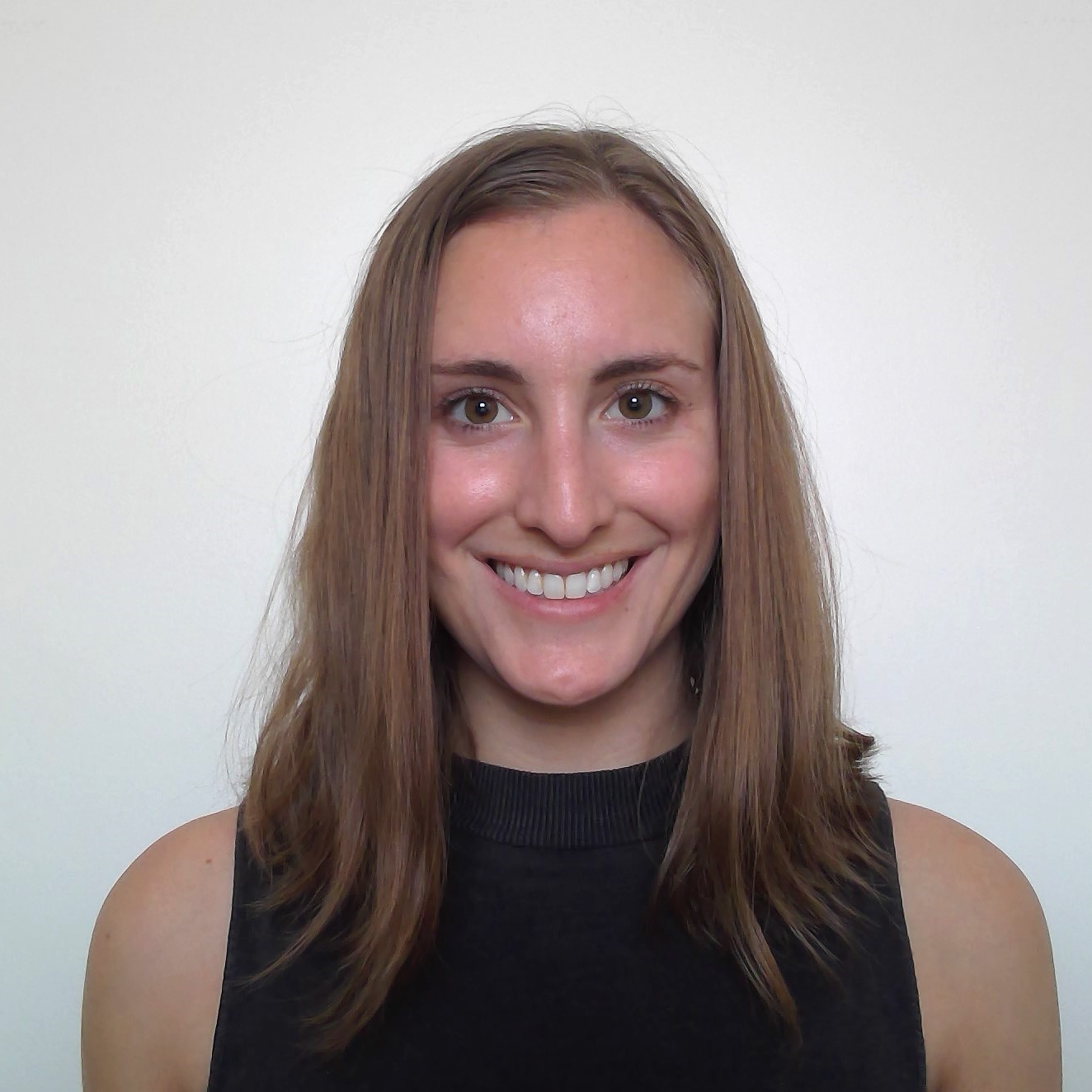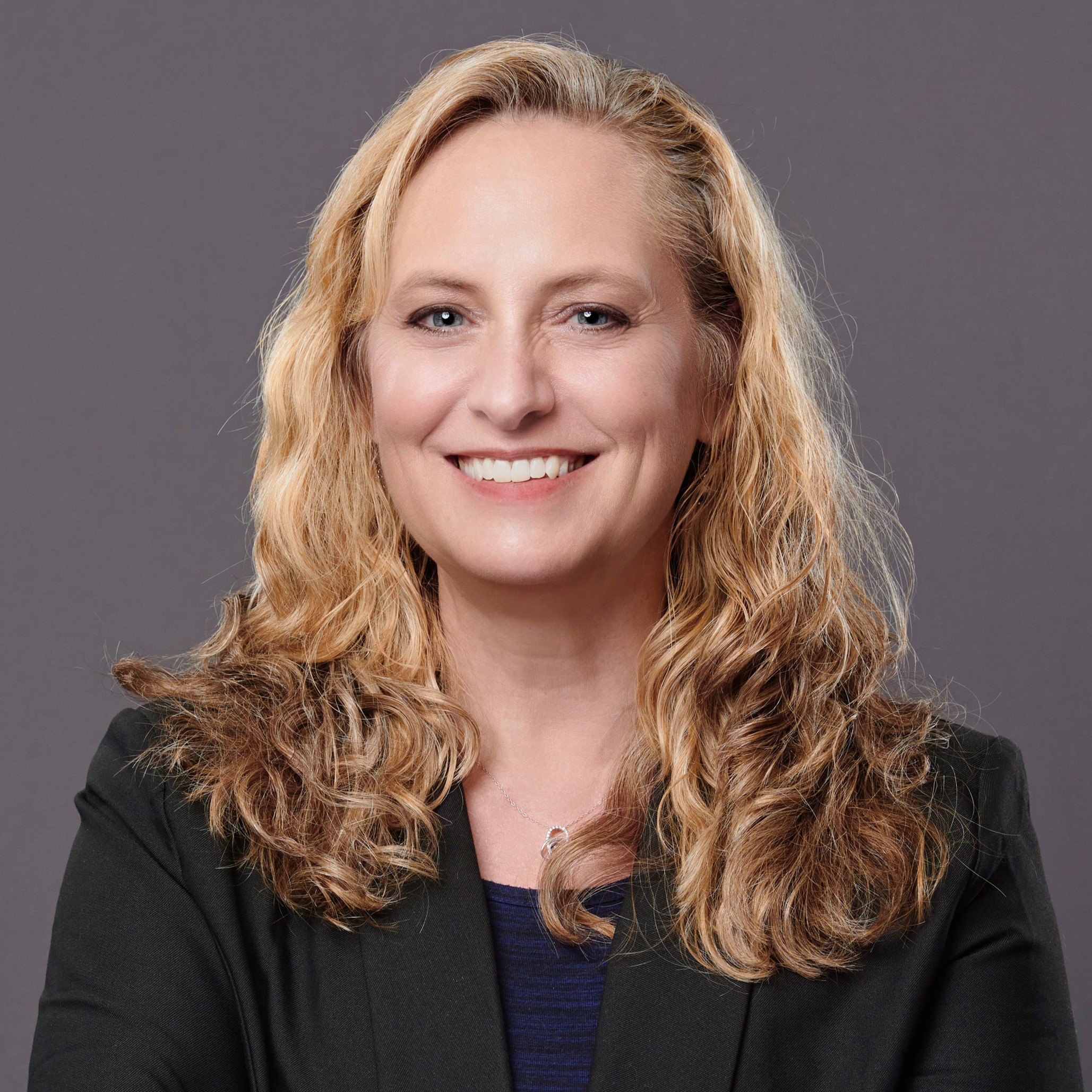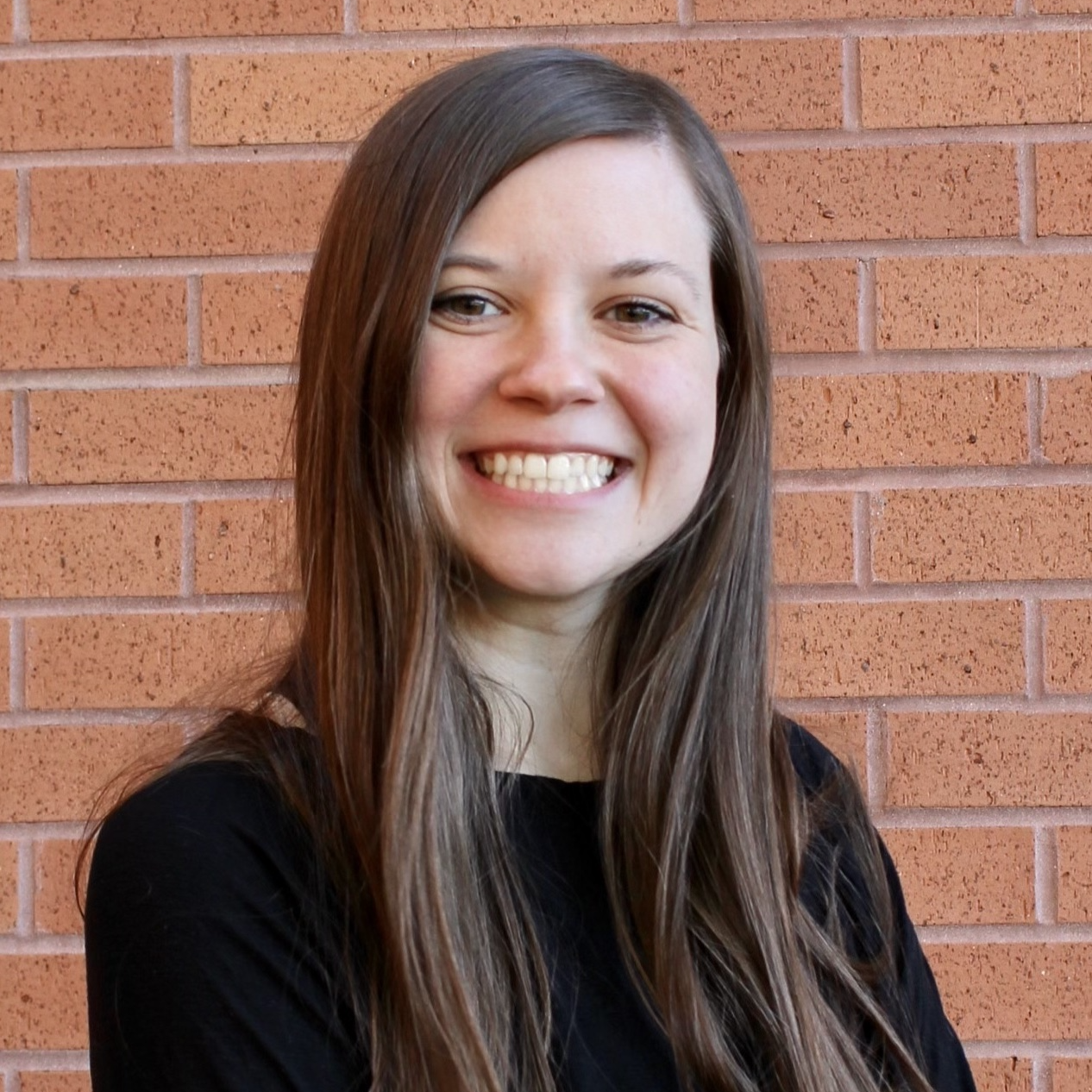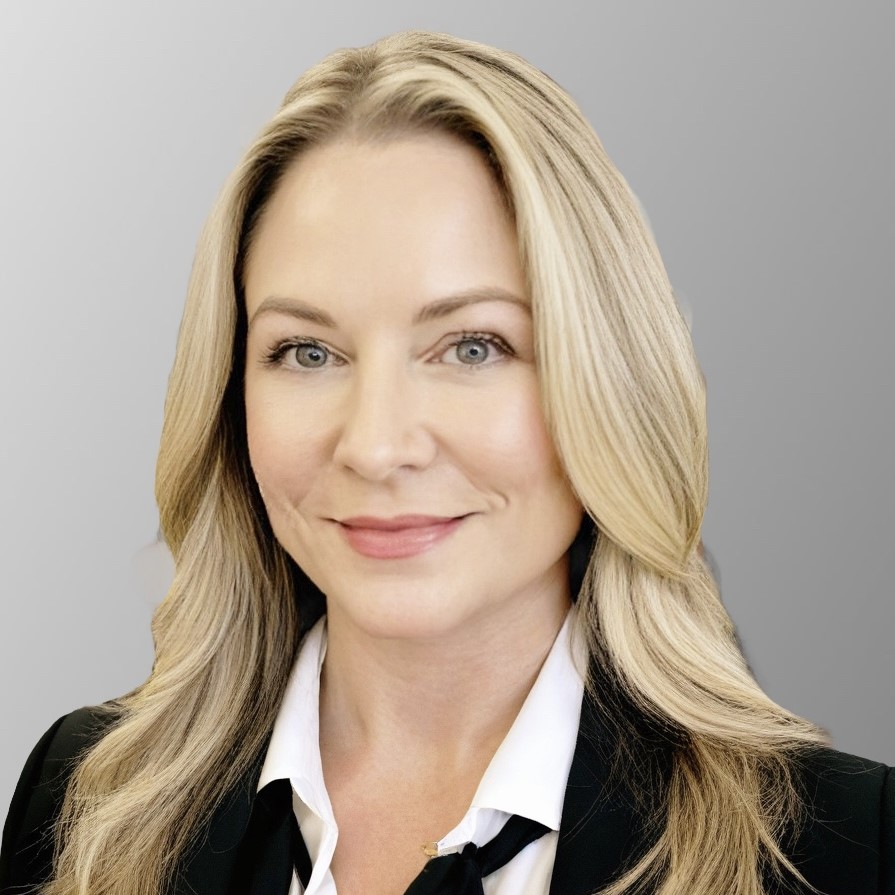What We Do
The Johns Hopkins Center for Talented Youth was founded by Johns Hopkins researcher and quantitative psychologist Julian Stanley, who was interested in learning how to systematically identify advanced young learners. More than four decades later, this work has evolved but continues as ongoing changes in the educational landscape drive a need for research that deepens our understanding of who academically advanced students are, how they learn, and what they need to thrive. CTY is dedicated to advancing the field of gifted education through this research.
CTY Research Themes
Center for Talented Youth research projects are oriented around themes of:
- Equitably identifying and characterizing the skills of advanced learners
- Understanding and supporting the needs of advanced learners
- Increasing access and opportunities for advanced learners from every community and demographic
Current Center for Talented Youth Research Projects
Center for Talented Youth research pushes the boundaries of understanding and supporting academically advanced students. These initiatives aim to enhance identification, foster equitable access, develop learning tools, and expand opportunities in gifted education. Current CTY research projects include:
Dynamic Spatial Assessment
Game-based assessments are an innovative way to measure students’ skills, but they have yet to be applied in the advanced learning space. This project aims to develop an interactive assessment that sheds light on some key characteristics of academically advanced students and their problem-solving skills, with the goal of improving identification.
Using Course-Embedded Performance Assessments to Identify Advanced Learners
One critical way to identify academically advanced students is by closely observing their behaviors and skills in the classroom. For example, does a student exhibit creative thinking when responding to an assignment? Do they respond with multiple solutions to a question? This project incorporates advanced-learner characteristics into course-embedded assessments, which can be leveraged as tools for identification.
Examining Fundamental Learning Tools
Understanding the characteristics of academically advanced students can help to support the learning process. This Center for Talented Youth research project helps characterize these students’ cognitive skills using a variety of learning tools and measures, including spatial ability and problem-solving. For more information about this project, email [email protected] or visit our Explorers Research Network webpage.
Investigating the Effects of Enrichment in Academically Underrepresented Students
We know that advanced learners exist in every community and demographic, yet identification rates vary among certain groups of students. Within these groups, the use of standardized above-grade-level tests may cause advanced learners to be under-identified because the students have not yet been exposed to the content covered on the tests. This project’s purpose is to provide these emerging advanced learners with opportunities to participate in rigorous, interdisciplinary courses. By improving their academic abilities and content knowledge through these courses, we hope to increase identification, access, and opportunities for these students.
Exploring the Use of Cognitive Skills to Optimize Online Learning
Academically advanced students vary in their characteristics, which may be related to interest in certain types of courses, such as mathematics, science, or the humanities. The goal of this project is to understand how these characteristics may be useful in suggesting online courses for advanced learners, which will help them be successful, build their skills, and enjoy their learning experiences at CTY.
Examining the Impact of Generative Artificial Intelligence in Education as a Co-Teacher on the Student Experience
Applications of generative artificial intelligence, specifically large language models, have grown in popularity in the field of education. How can the use of generative AI as an educational tool in the classroom impact the student experience? This project examines how instructors can leverage AI in education as a co-tutor to help students complete activities and assignments with on-demand feedback. Funded by a Johns Hopkins University Digital Education and Learning Technologies grant, the Center for Talented Youth research team is working with the Whiting School of Engineering and the School of Education’s Center for Research and Reform in Education to examine whether the AI co-tutor impacts students’ learning and enjoyment of the course.
Select CTY Research Publications
CTY’s research contributes valuable insights to the field of gifted education. Below is a selection of research publications highlighting our work. If you would like a copy of any Center for Talented Youth research publications, please email us at [email protected].
Characterizing the Details of Spatial Construction: Cognitive Constraints and Variability
Amy L. Shelton, E. Emory Davis, Cathryn S. Cortesa, Johnathan D. Jones, Gregory D. Hager, Sanjeev Khudanpur, and Barbara Landau
Cognitive Science, 46(1)
Solving the Right Problem: The Need for Alternative Identification Measures in Gifted Education
Ashley S. Flynn and Amy L. Shelton
Gifted Child Quarterly, 66(2)
Good News! New is Good: Novelty as a Key Feature of Advanced Academic Programs that Create Positive Learner Experiences
Sol Bee Jung and Amy L. Shelton
Gifted Child Today, 46(1)
Young Children’s Copying of Block Constructions: Significant Constraints in a Highly Complex Task
Barbara Landau, E. Emory Davis, Cathryn S. Cortesa, Zihan Wang, Jonathan D. Jones, Amy L. Shelton
Cognitive Development, 71
Participate in CTY Research
Join us in advancing gifted education by collaborating on research projects or participating in our Explorers Research Network:
- Fill out the CTY Research Collaboration Interest Form to learn about a Center for Talented Youth research project or to suggest a collaboration.
- Email [email protected] to learn about participating in CTY’s Explorers Research Network.
CTY Research Staff
 | Kathryn N. Thompson, PhD is CTY’s director of research. Her research interests include the development of alternative methods of advanced learner identification, characterization of advanced learners, and computational psychometrics. She earned a BA in psychology with a minor in mathematics from Flagler College, and earned both her MA in quantitative psychology and PhD in assessment and measurement from James Madison University. | ||
 | Amy L. Shelton, PhD is CTY’s executive director and principal investigator on multiple research projects. Her research interests include cognitive psychology and education, with a focus on spatial skills, individual differences, and mechanisms of learning, couched in the broad context of understanding the characterization and needs of each individual learner. Before joining CTY, she served on the faculty of the Johns Hopkins University Department of Psychological and Brain Sciences. Shelton earned a BS in psychology from Illinois State University, and an MA and PhD in cognitive psychology from Vanderbilt University. | ||
 | Emily A. Delinski, MS is CTY’s senior research program coordinator. Her research interests include the social, emotional, and psychological characteristics of advanced learners; historically underrepresented populations of advanced learners; and child development. Delinski received an MS in gifted education from Johns Hopkins University and a BS in psychology from the University of Maryland. | ||
 | Keri M. Guilbault, EdD is the CTY principal investigator of the Study of Exceptional Talent and an associate professor and director of the graduate programs in gifted education in the JHU School of Education. Her research focuses on academic acceleration, leadership of gifted and advanced academic programs, and the characteristics and development of exceptionally advanced learners. She earned a BA in studio art from Florida State University, an MA in gifted education from the University of South Florida, and both an EdS and doctoral degree in Educational Leadership with a specialization in gifted education program administration from the University of Central Florida. |

